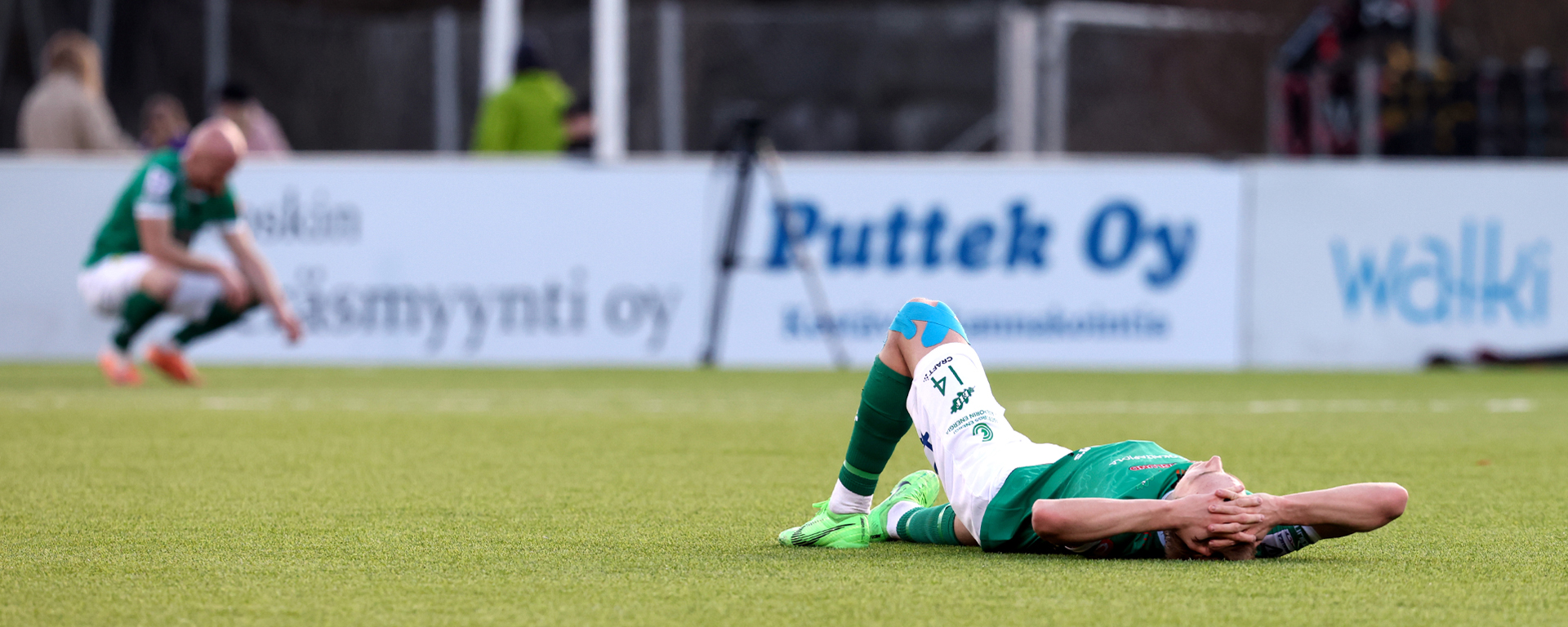
Annual holiday
A player is entitled to annual holiday if the player contract is considered to be an employment contract.
If the player contract is not an employment contract, the player is not entitled to annual holiday. The rights relating to annual holiday are determined in accordance with the Annual Holidays Act. Because there are no collective labour agreements in football, the Annual Holidays Act is the primary starting point.
The general terms and conditions of contract may contain general provisions on the rights to annual holiday, but the specific provisions of the Annual Holidays Act cannot be deviated from by agreement. The right to annual holiday is earned between 1 April and 31 March. This period is called the holiday credit year. If the contract has continued for under a year by 31 March, the player earns 2 days of annual holiday for each calendar month, and after the contract has continued for over a year, two and a half days per month. If the player is injured, the player earns annual holiday during the sick leave; however, for a maximum of 75 days.
Usually, player contracts agree on a monthly salary. The player is paid that monthly salary for the annual holiday. Also point-based and bonus payments must be taken into account in calculating the pay, as are fringe benefits (such as housing benefit or company car), if they are not available during the annual holiday. If the pay is hourly or based on other grounds, the amount of the annual holiday pay is calculated as a percentage (9% or 11.5%) or according to the average daily pay multiplier table. The annual holiday pay must be paid before the beginning of the holiday. The annual holiday is given to the player between 1 May and 30 September at the time decided by the employer.
As football is a summer sport, the holiday should be given by 31 December at the latest if it has not been possible to give it in full or part by 30 September. However, the parties may agree that the holiday can be taken during the following year by 31 March. As a rule, the holiday should be given in full at once, but in any case, it must be given so that the shortest period is 12 days (two weeks; Sundays are not included in the week). In other respects, it is possible to agree on taking the holiday in batches.
The club’s unilateral notification is not an agreement. It is similarly important to note that “days off when the club does not organise practice” are not annual holiday days, unless otherwise agreed. The timing of the holiday should be announced at least one month before, and no later than two weeks, before the beginning of the holiday. If the player becomes incapable of working at the beginning of the holiday, the player should request the club postpones the annual holiday. During the annual holiday, the player must not have any working duties to take care of. This means, for example, taking part in the club’s events. In principle, it also means that the player is under no obligation to participate or engage in voluntary practices during the holiday, although this is probably usually the player’s own wish to maintain their condition.
If the player has not had a paid annual holiday by the end of the employment, they must be paid holiday compensation of equal amount at the end of the employment. If holiday compensation has not been paid, it must be demanded to be paid within two years of the end of the calendar year during which the holiday should have been given.
